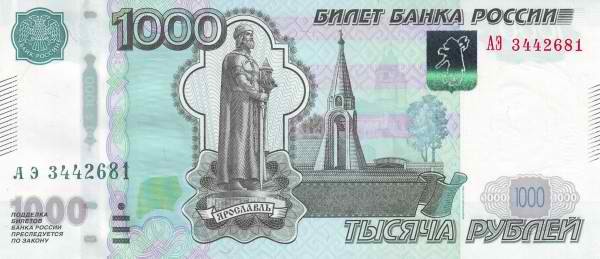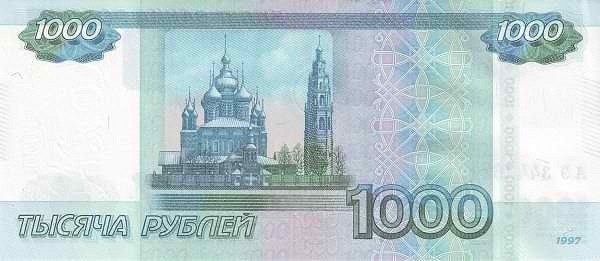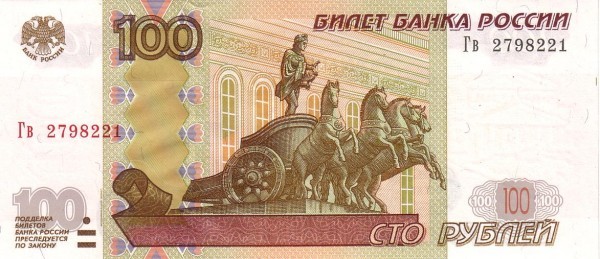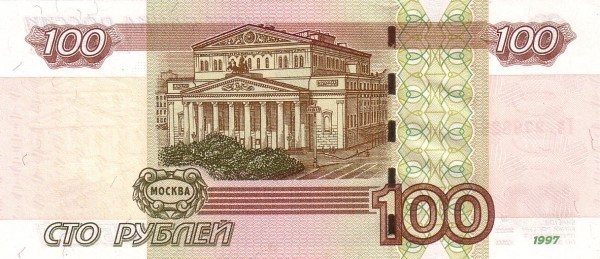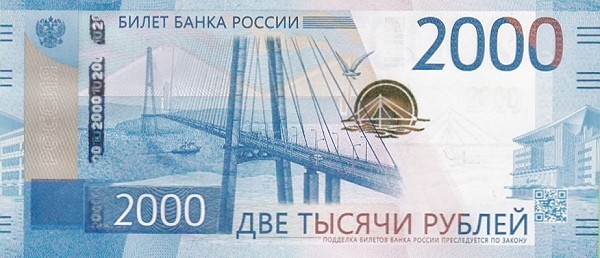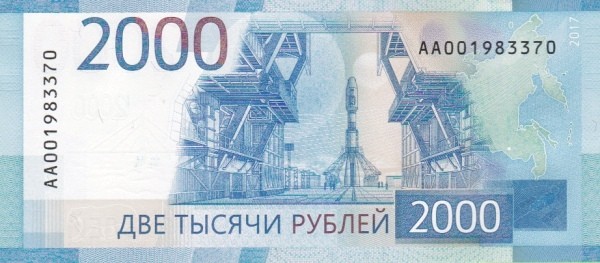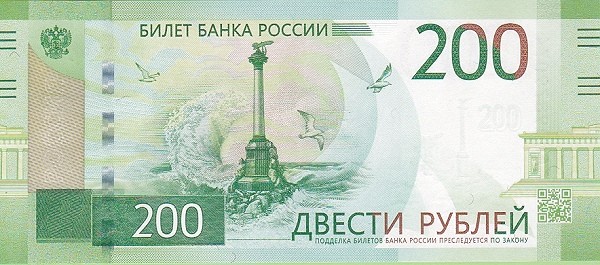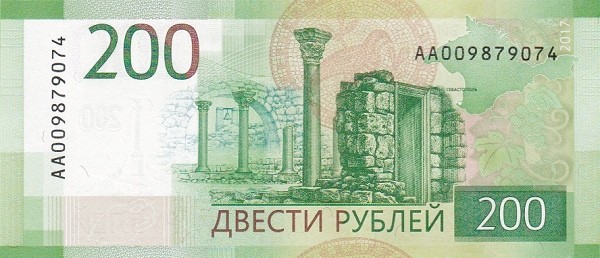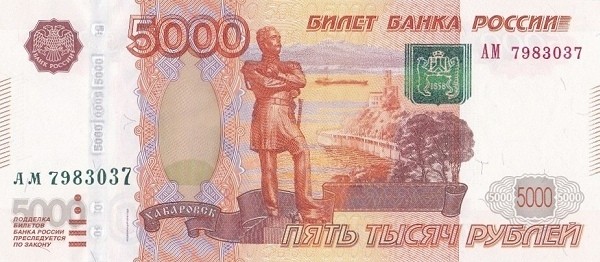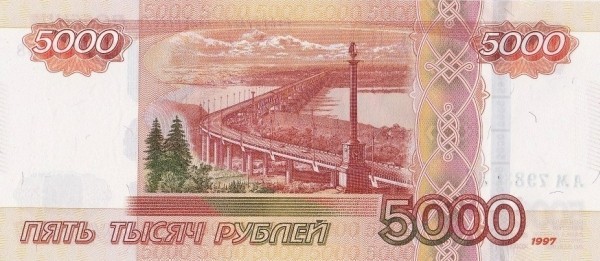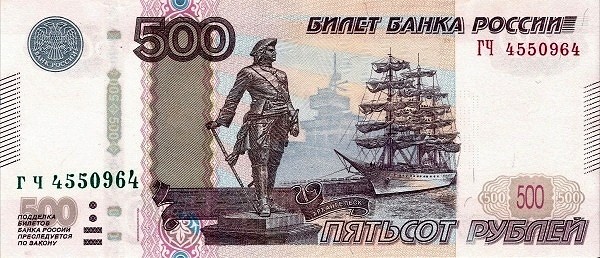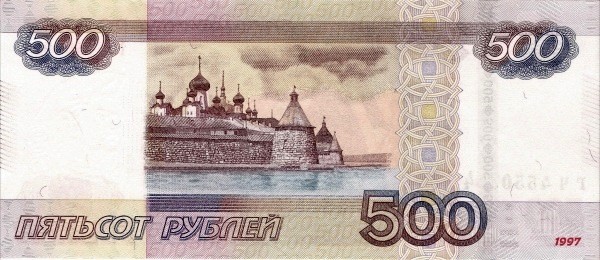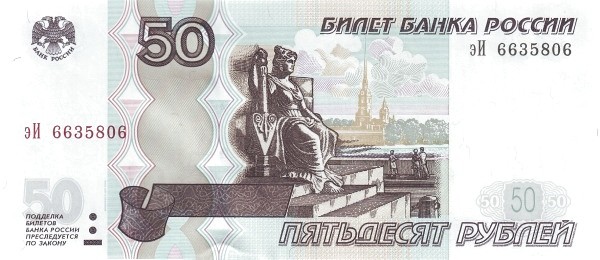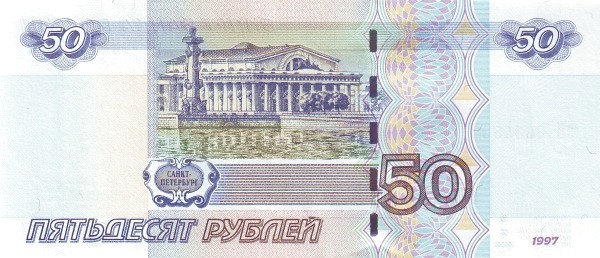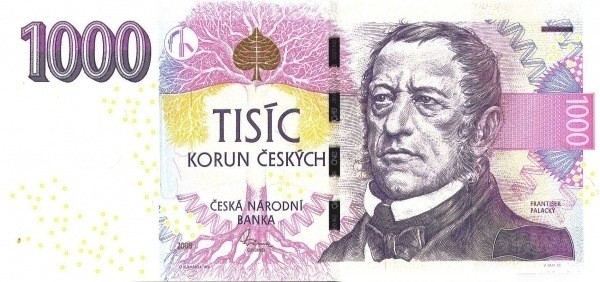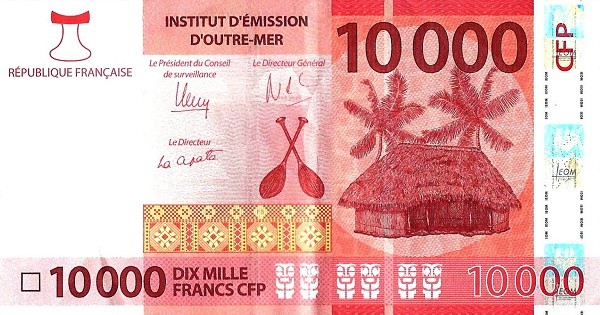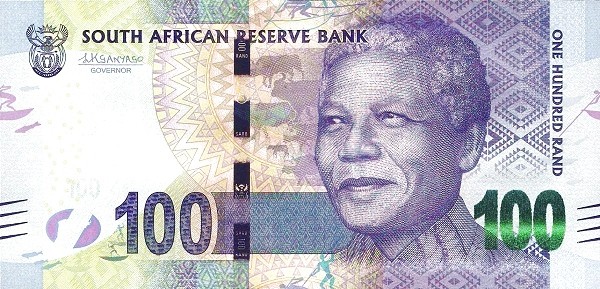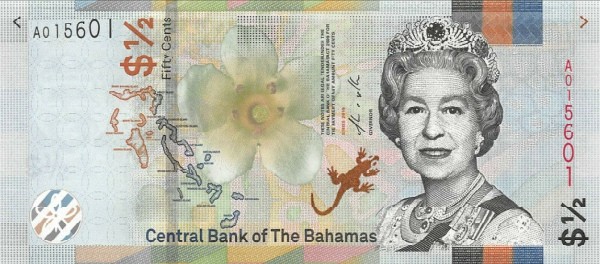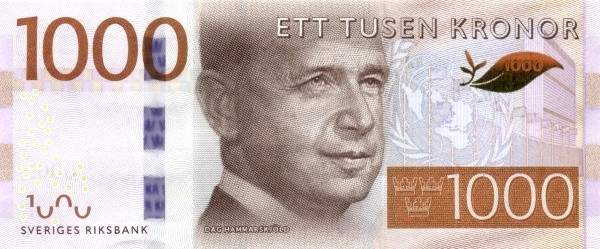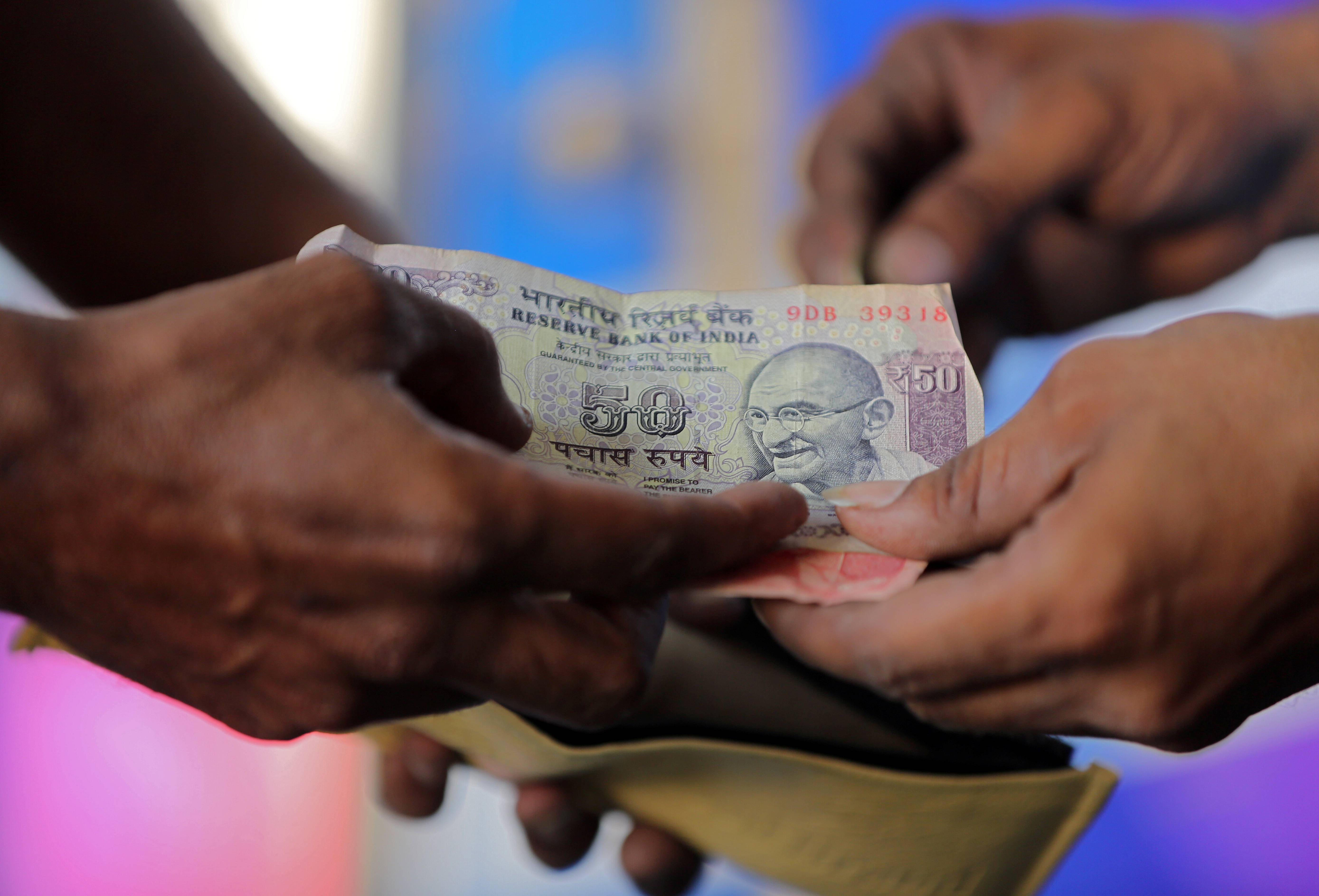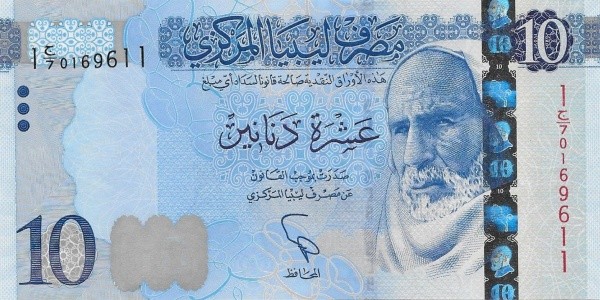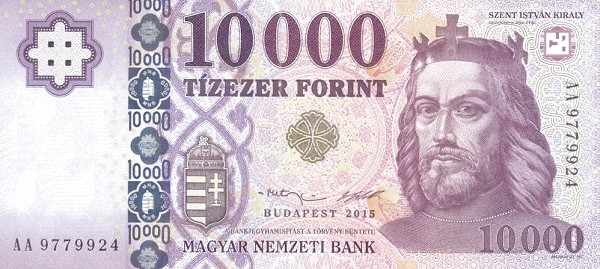Russian Rubles
The Russian rubles are the official currency of the Russian Federation and some of its neighboring countries. The ruble has a long and rich history, dating back to the 14th century. It is the second-oldest currency still in circulation, behind the British pound sterling
The ruble is divided into 100 kopecks, which are sometimes written as copeck or kopek. The symbol for the ruble is ₽, and the ISO code is RUB. The ruble’s exchange rate is determined by the market forces of supply and demand, as well as by the monetary policy of the Bank of Russia, which is the central bank of the country
The ruble has undergone several changes and reforms throughout its history, especially after the collapse of the Soviet Union in 1991. The most recent redenomination occurred in 1998, when the new ruble (RUB) replaced the old ruble (RUR) at a rate of 1 RUB = 1,000 RUR. The ruble has also faced periods of high inflation, devaluation, and volatility, especially during the Russian financial crisis of 1998 and the recent geopolitical tensions with the West
The ruble is used not only in Russia, but also in some of the countries that were formerly part of the Soviet Union, such as Tajikistan, Abkhazia, and South Ossetia. The ruble is also accepted as a legal tender in some regions of Ukraine and Georgia that are under Russian military occupation
The ruble is one of the most traded currencies in the world, and its value can be influenced by various factors, such as oil prices, economic growth, political stability, and international relations. As of November 23, 2023, one ruble was worth about 0.011 US dollars, according to Google Finance.
Below is the related paper currencies in Russian Rubles.
